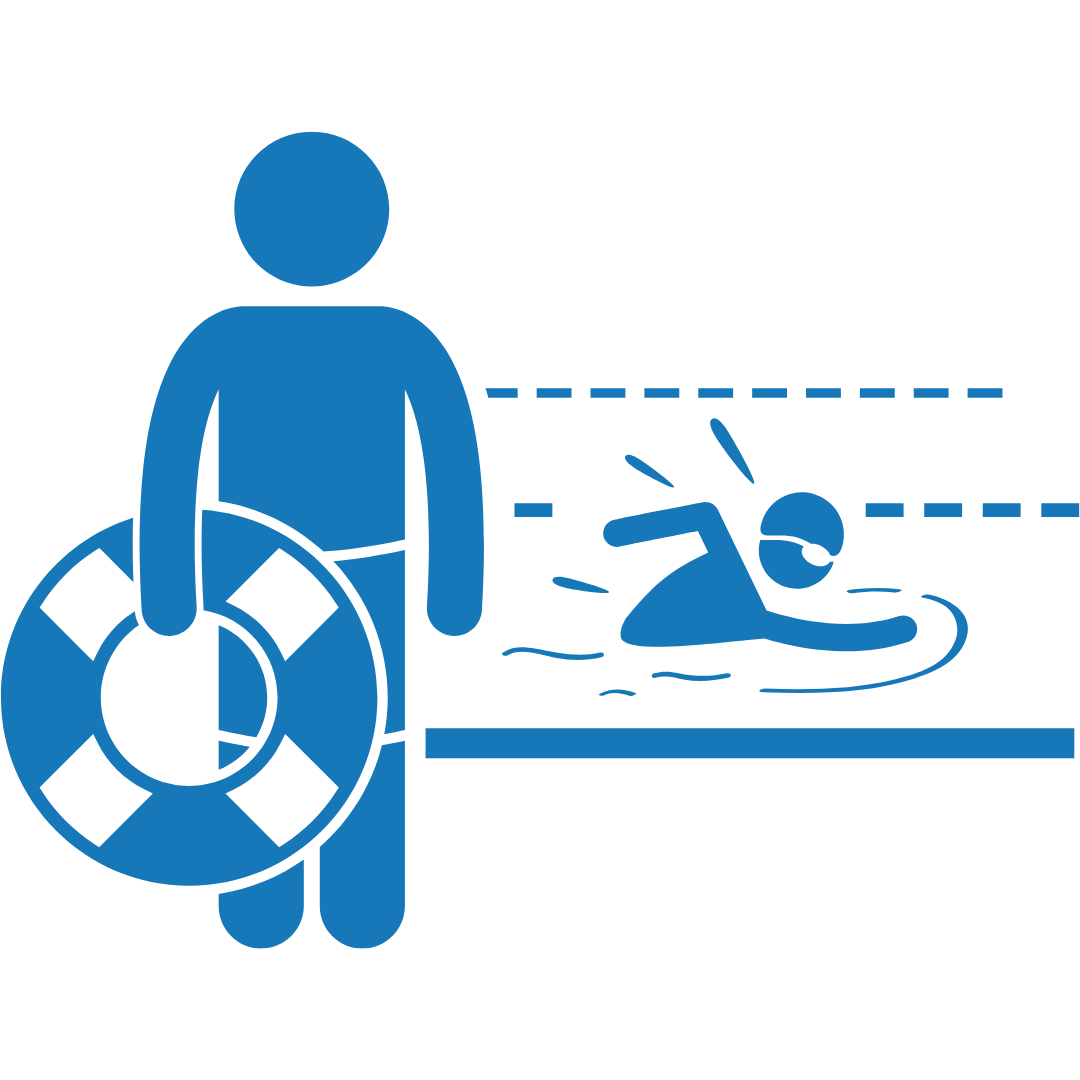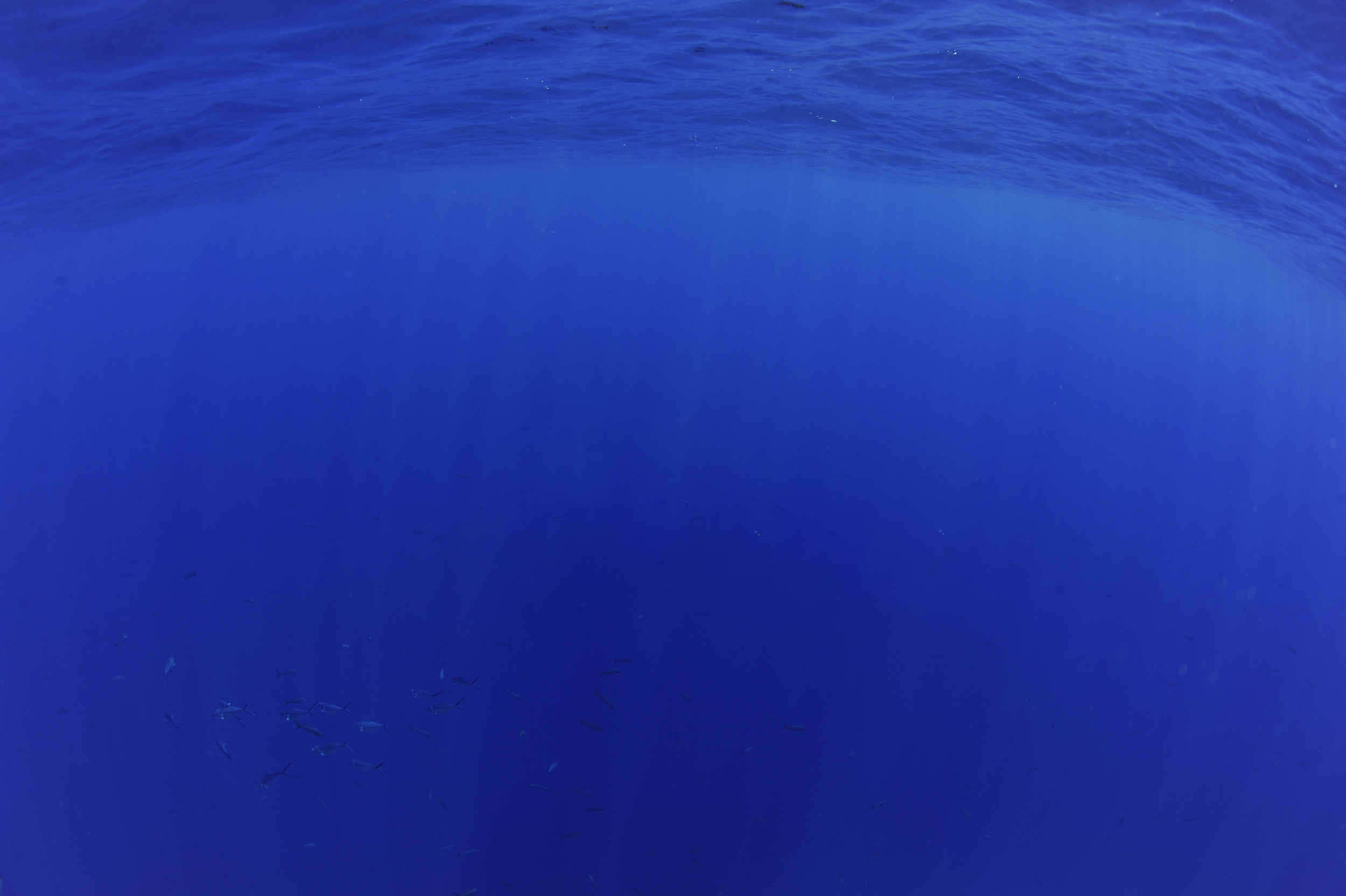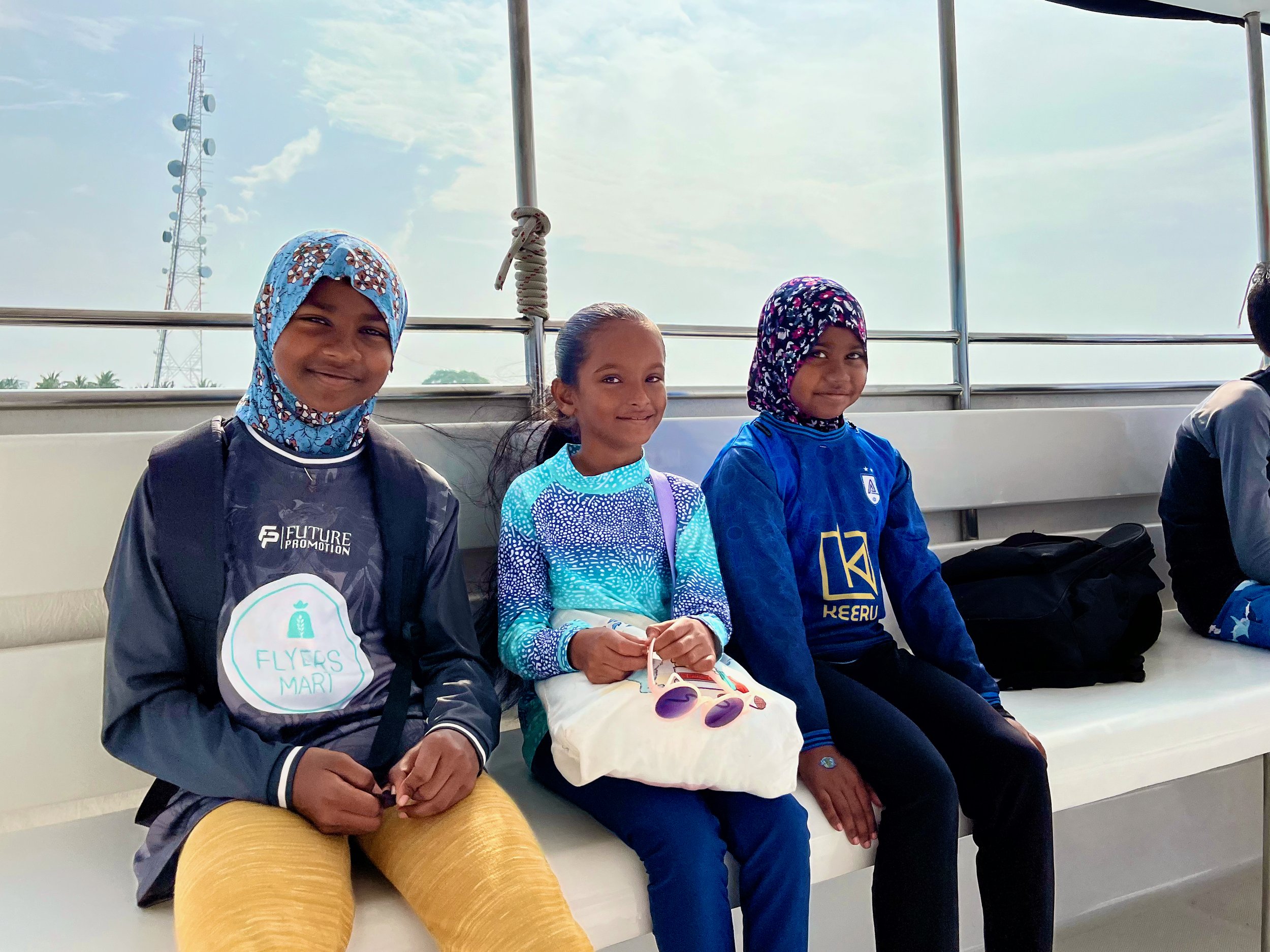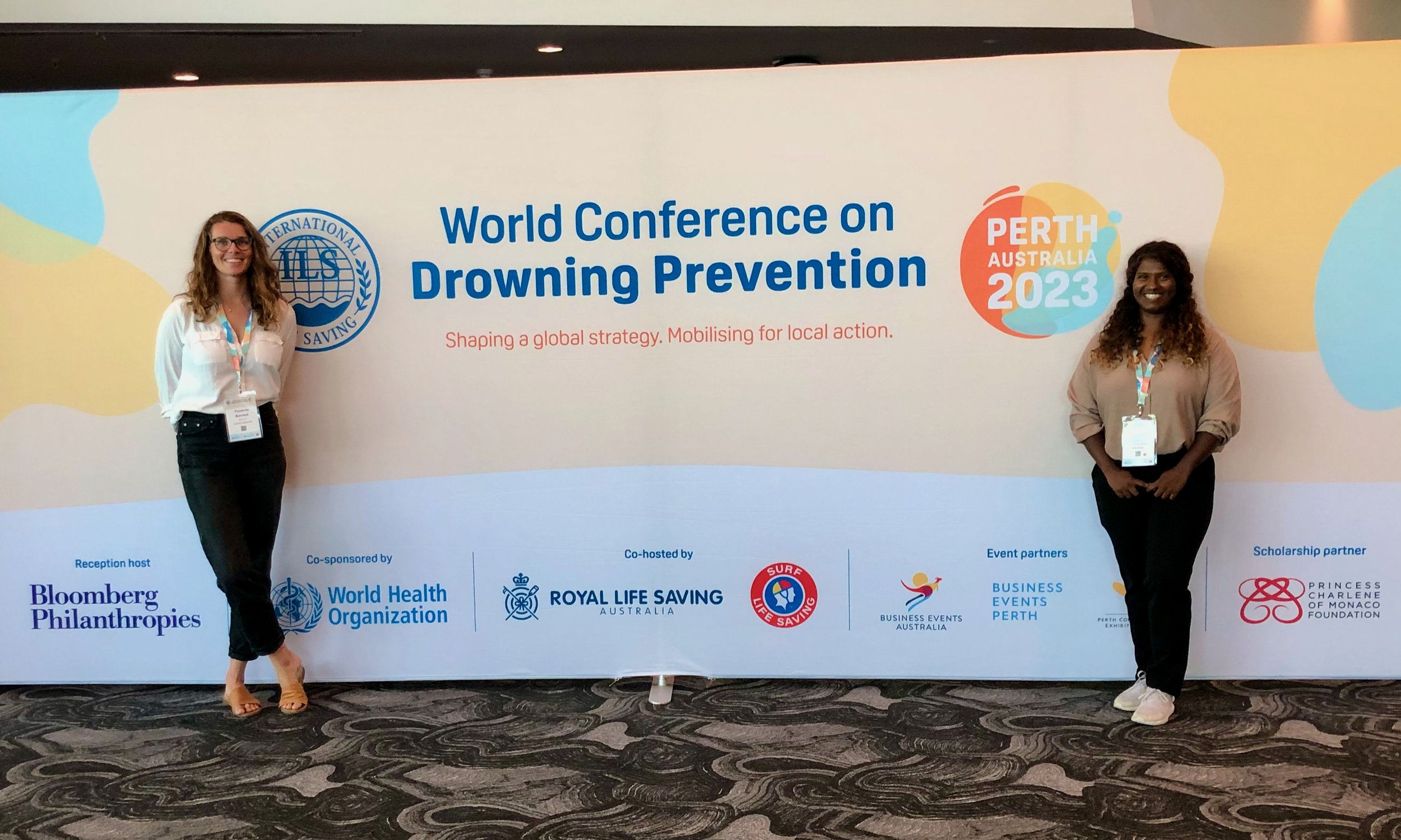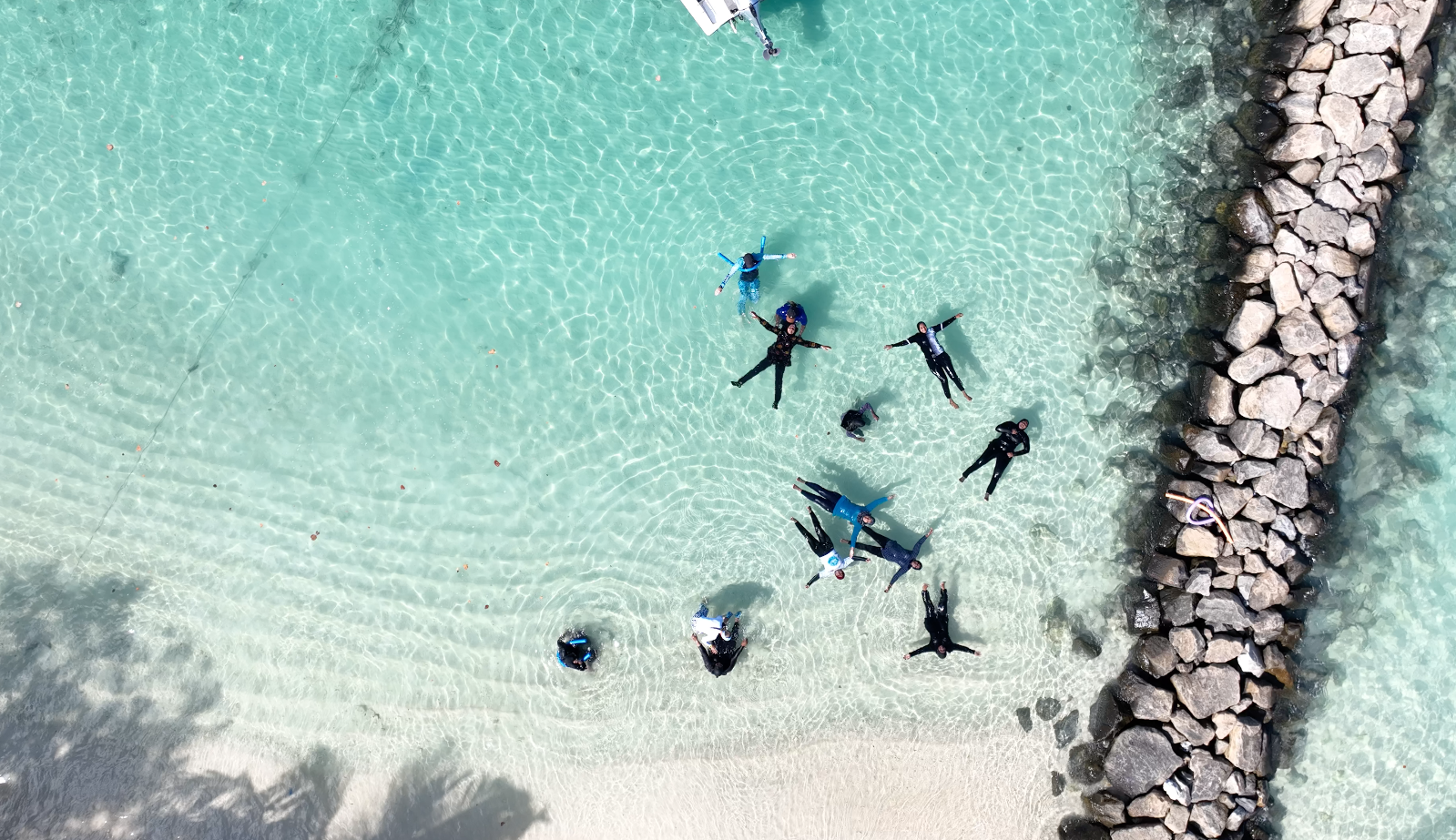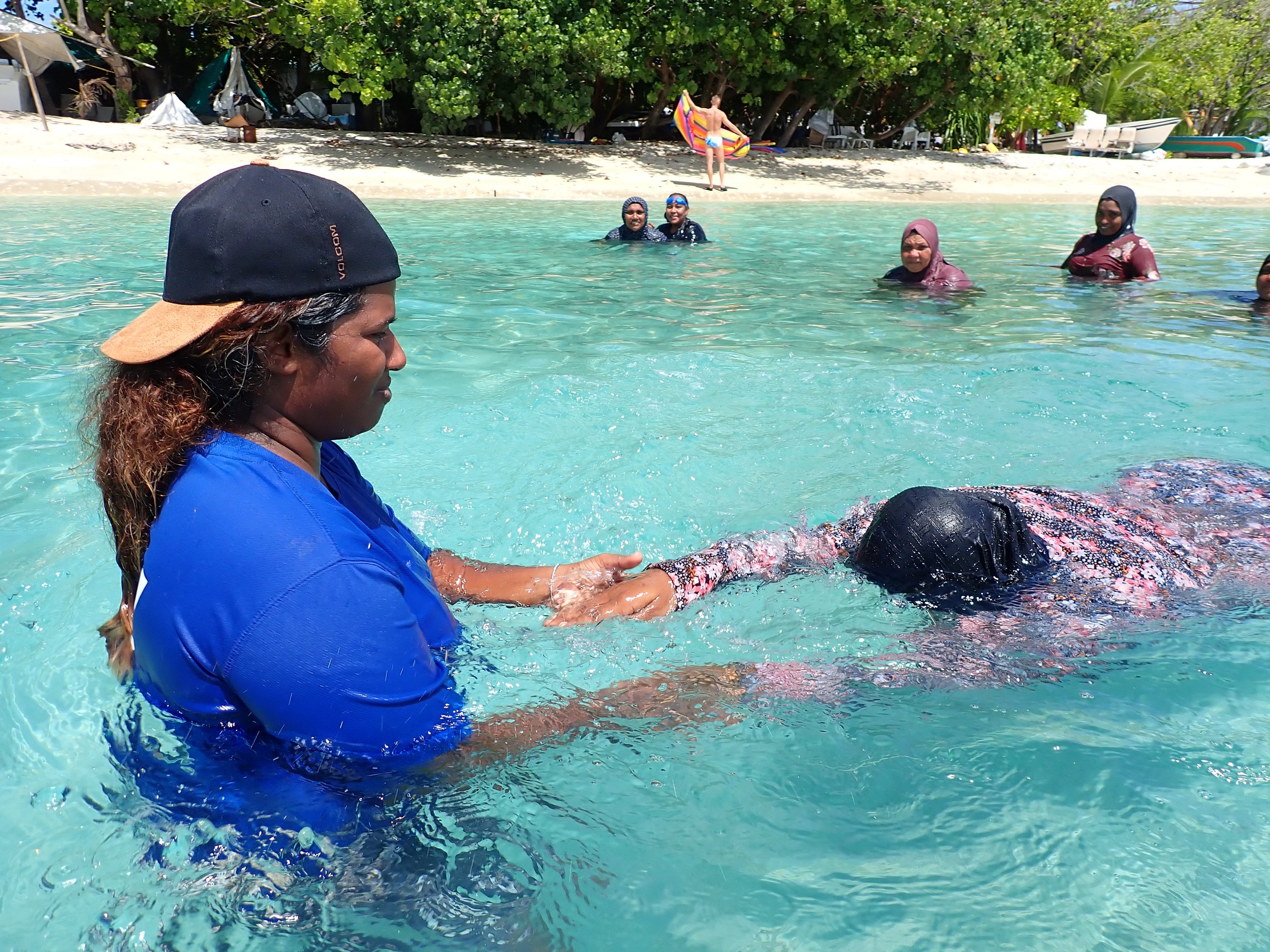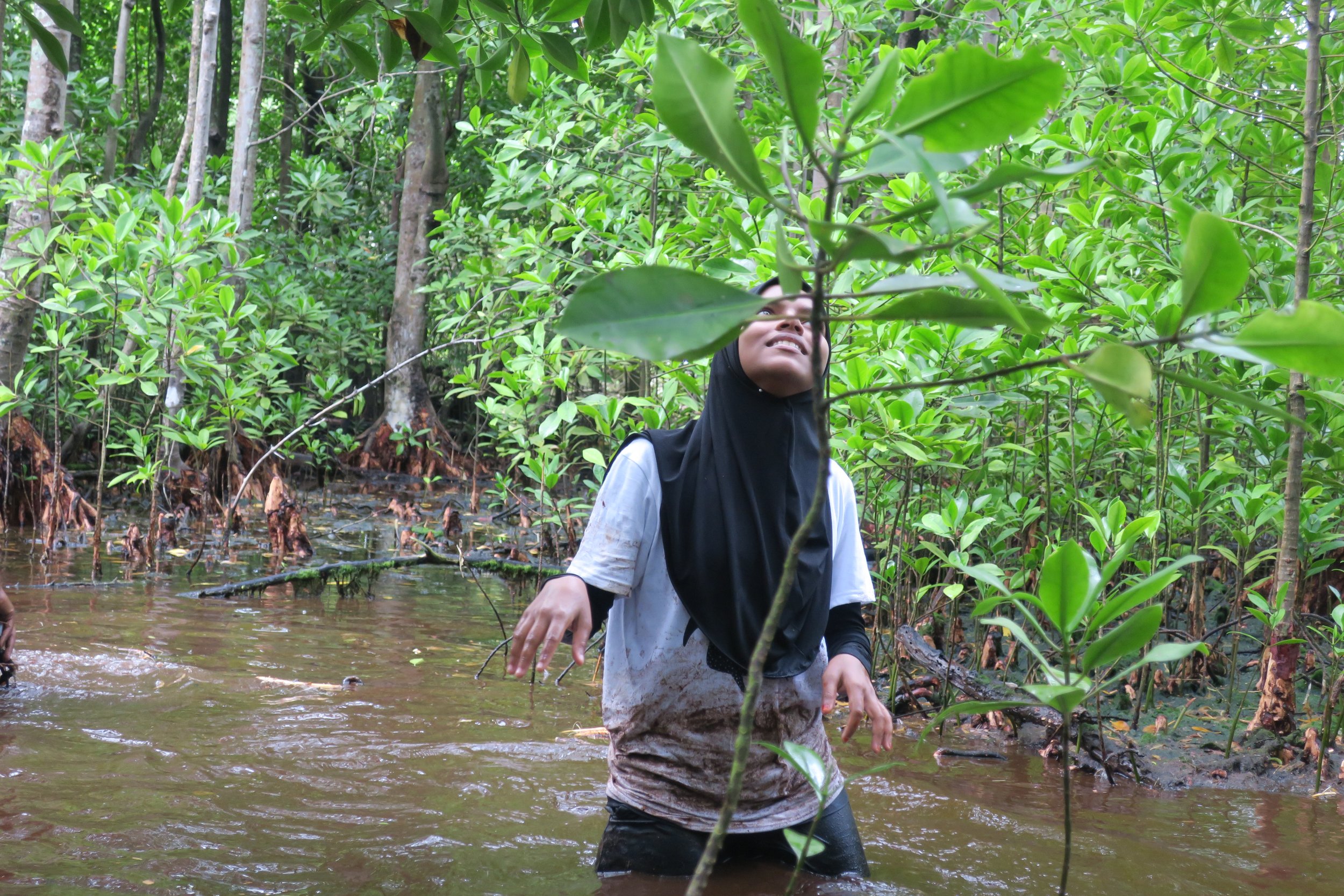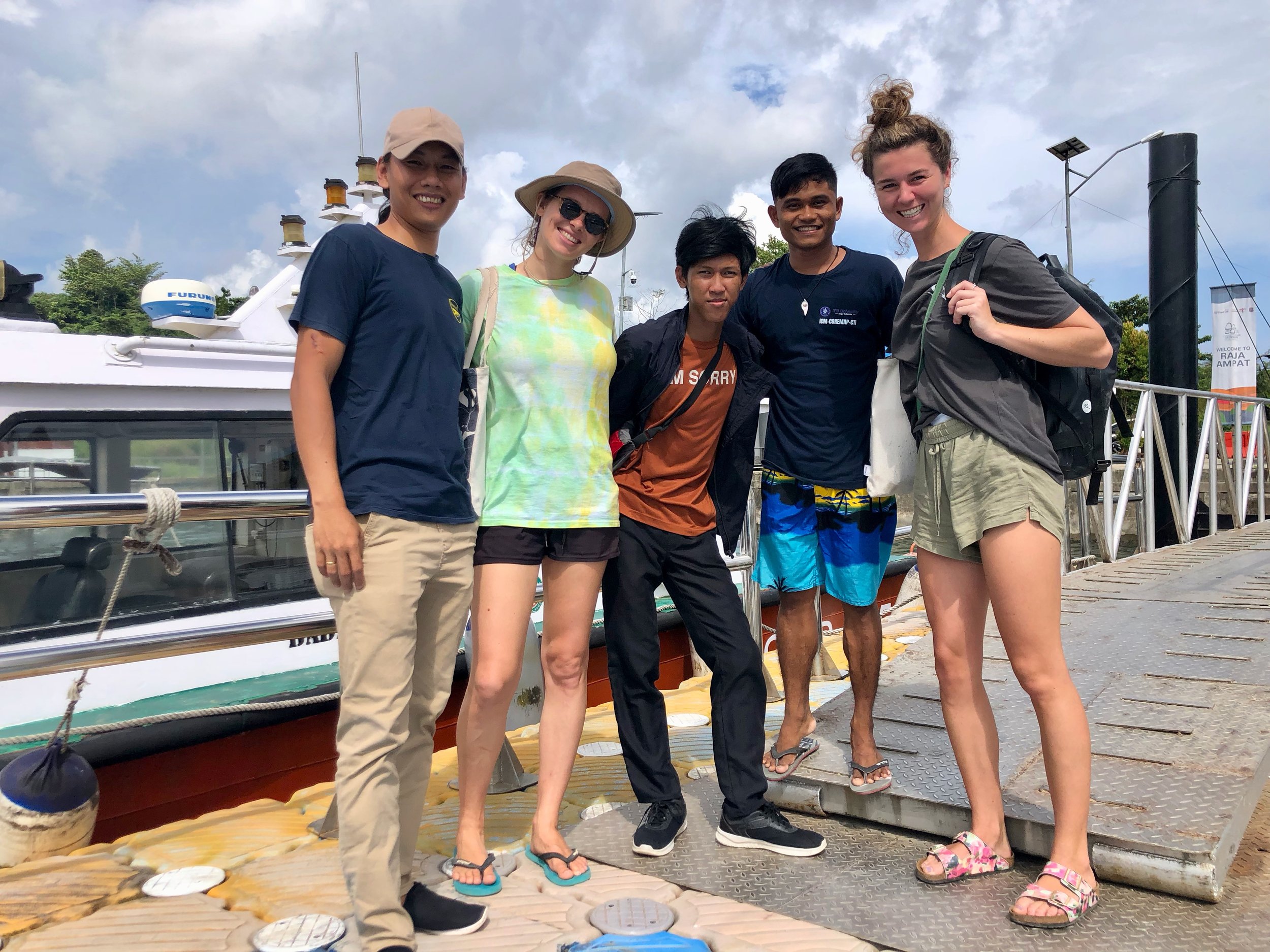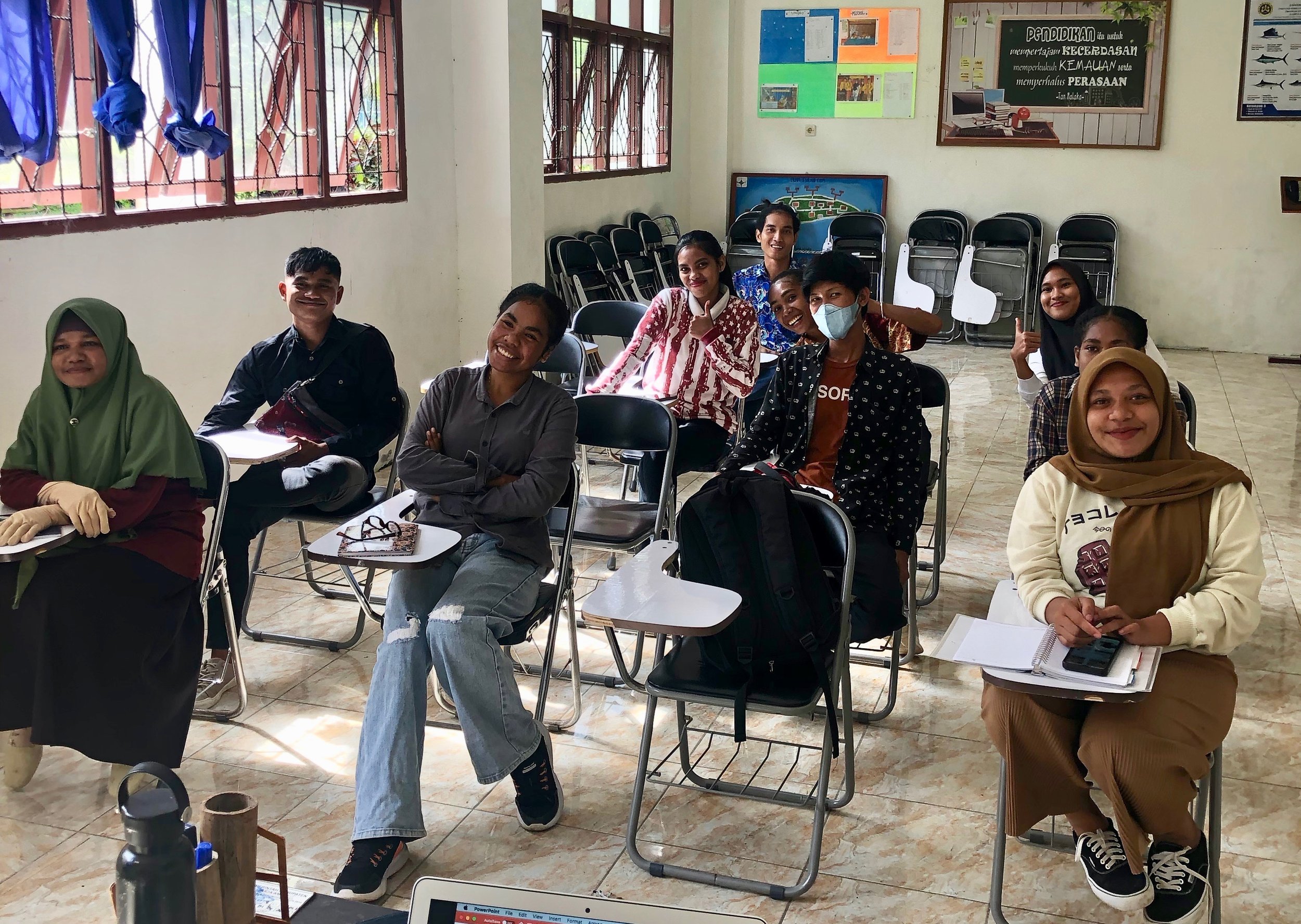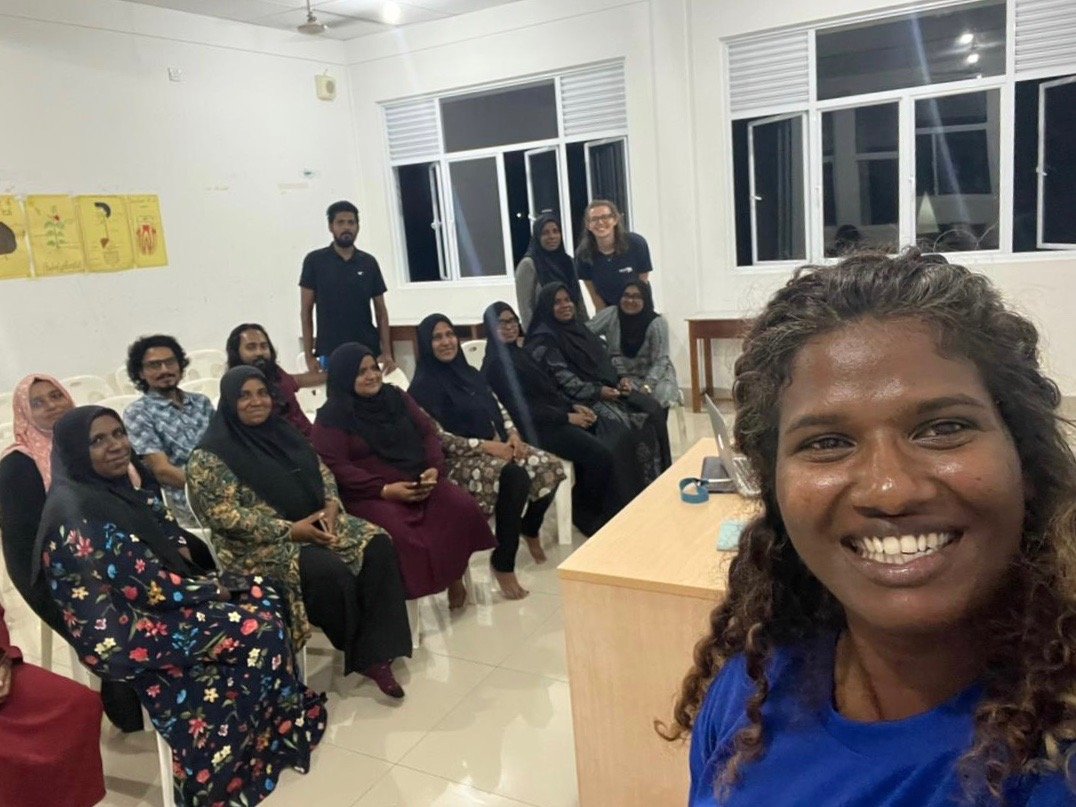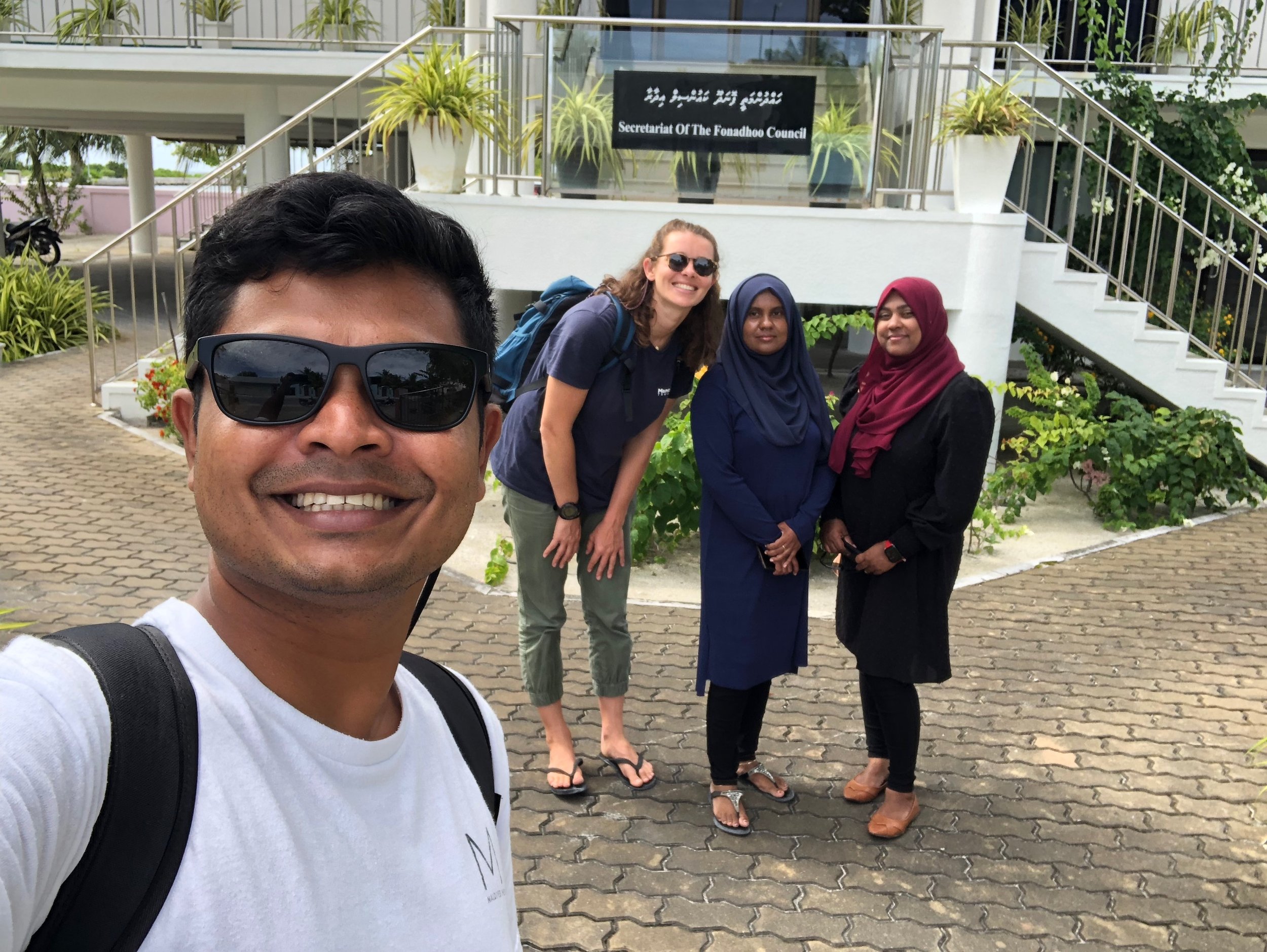PROJECT OVERVIEW
Globally, 68% of women can’t swim, compared to 43% of men (Lloyd’s Register Foundation, 2019). In the island nation of the Maldives, some women and girls are:
This is common in many tropical coastal communities. Reasons vary but include fear, societal stigmas, lack of role models, and lack of safe spaces.
Through our collaborative experiences working with Affiliate Projects in over 20 countries, we have learnt that to sustainably protect the biodiversity that mobulid rays depend upon, coastal communities must develop and lead conservation initiatives that work for them. In many tropical coastal communities, women are important stewards of highly biodiverse yet vulnerable environments that people rely upon for food, coastal protection, livelihoods and culture.
Being able to swim is imperative for enabling access to the dominant environment and a core recreational, educational, and economic space. Ocean experiences are transformative: they can improve health and well-being, inspire environmental stewardship, create job opportunities, and foster conservation leadership.
The Maldives is 99% ocean; most people live metres from the sea. Learning to swim is essential for equipping people to pursue ocean-based careers:



